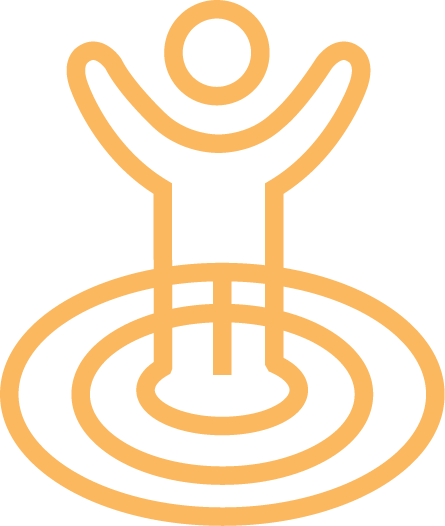Sleep apnea treatment
Following your Sleep Health Assessment, your doctor will provide a diagnosis. From there, The Snore Shop will work with you and your doctor to determine the best treatment option. We then personalize treatment to you.
The goal of sleep apnea treatment is to keep your airway open during sleep. Some treatment options are more effective than others.
While there are different treatment options available depending on the severity of sleep apnea, The Snore Shop clinicians are experts in CPAP therapy. CPAP therapy is considered the most effective treatment for sleep apnea.
CPAP therapy is considered the gold standard for treating sleep apnea

How does CPAP therapy work?
CPAP stands for “continuous positive airway pressure”. A small bedside device produces a consistent flow of air that keeps your airway open while you sleep. The air is delivered through a tube and mask that you wear each night. Advances in CPAP devices mean treatment is more comfortable than ever.
- Choose the right CPAP machine.
- Select a mask based on your sleeping habits, such as whether you breath through your mouth or nose. They’ll also help you fit the mask based on your unique face and head shape.
- Identify accessories that may make treatment more comfortable. For example, humidity chambers to make the air your CPAP delivers less dry. If you toss and turn at night, you may benefit from swivels for the tube.
- Determine the right air pressure settings. The goal is to ensure there’s enough air to keep your airway open during sleep while maintaining comfort.
Your clinician will show you how to use the machine and provide you with tips to help you adjust to therapy.
Many insurance companies will cover most CPAP therapy costs. Before you proceed with therapy, The Snore Shop can help you confirm your coverage. We’re happy to help you navigate the insurance process. We also offer flexible payment options.
During the first weeks of treatment, you’ll have a consistent checkpoint with your clinician. Your clinician will monitor your progress and make any adjustments based on how you sleep. They will answer your questions and support you every step of the way.
While some patients begin experiencing the benefits of CPAP therapy in their first week, most patients feel a significant difference after their first 30 days.
What are the benefits of CPAP?
If you have sleep apnea, CPAP therapy is a lifelong – and worthwhile – commitment. Many of our patients don’t realize how much OSA has been negatively impacting their lives. Our patients often describe CPAP therapy as life changing, and for good reason.

• Reduced snoring
• More restful sleep (for you and your bedpartner)

• Better heart health
• Improved intimacy

• More energy
• Improved mood
• Better skin

• Fewer headaches
• Improved memory

• Improved performance at work
• Reduced risk of motor vehicle and work-related accidents

• Lower risk of diabetes
• Stronger immune system
It’s important to know that CPAP is a treatment for sleep apnea, not a cure. That means that while you’re using CPAP, you’ll experience the benefits of treatment. If you stop using CPAP, your breathing and sleep will be interrupted, and your symptoms will return.
What ongoing care does The Snore Shop provide?
We want to help you succeed and enjoy a better quality of life long after you’re first set up with CPAP therapy. After your first 30 days, we schedule check-ins with you to monitor your progress.
Your clinician is like a coach, supporting you in reaching your sleep health goals. We also watch for unusual patterns or signals that could require further medical attention.
Your sleep specialist at The Snore Shop is like your sleep apnea coach, here to encourage you on your CPAP journey.
We’re always here to help should you have any questions or need support! We know every patient is different and we’re here as often as you need us. All follow up care is covered for the life of your CPAP machine.
Get fresh CPAP accessories on a regular basis.
By treating your sleep apnea with CPAP therapy, you’re investing in your wellbeing. But, to be effective, CPAP therapy requires consistent use and care for equipment. Did you know?
- The seal on your mask breaks down over time because of the oils on your skin. Worn masks require overtightening, are prone to leaks, and do not fit as intended.
- Tubes are likely to develop punctures and leak, reducing therapy effectiveness.
- Nightly use means regular contact with your skin and breath. Even with regular cleaning, accessories are prone to bacteria and fungus build up.
To make your CPAP therapy more comfortable and effective, plan to refresh your supplies using this schedule:
- Mask – 6 months
- Tubing – 6 months
- Water chamber – 6 months
- Filters – 2-3 months

Many insurance companies cover CPAP accessories 1-2x/year. We’re happy to double check your coverage for you.
Contact The Snore Shop’s Continuing Care team to order fresh supplies and continue experiencing the benefits of CPAP therapy!
Questions about how to treat sleep apnea?
If you’ve been prescribed CPAP therapy and want help succeeding with therapy, get in touch. Or, if you haven’t been diagnosed yet but suspect you may have sleep apnea, book a Sleep Health Assessment today!


